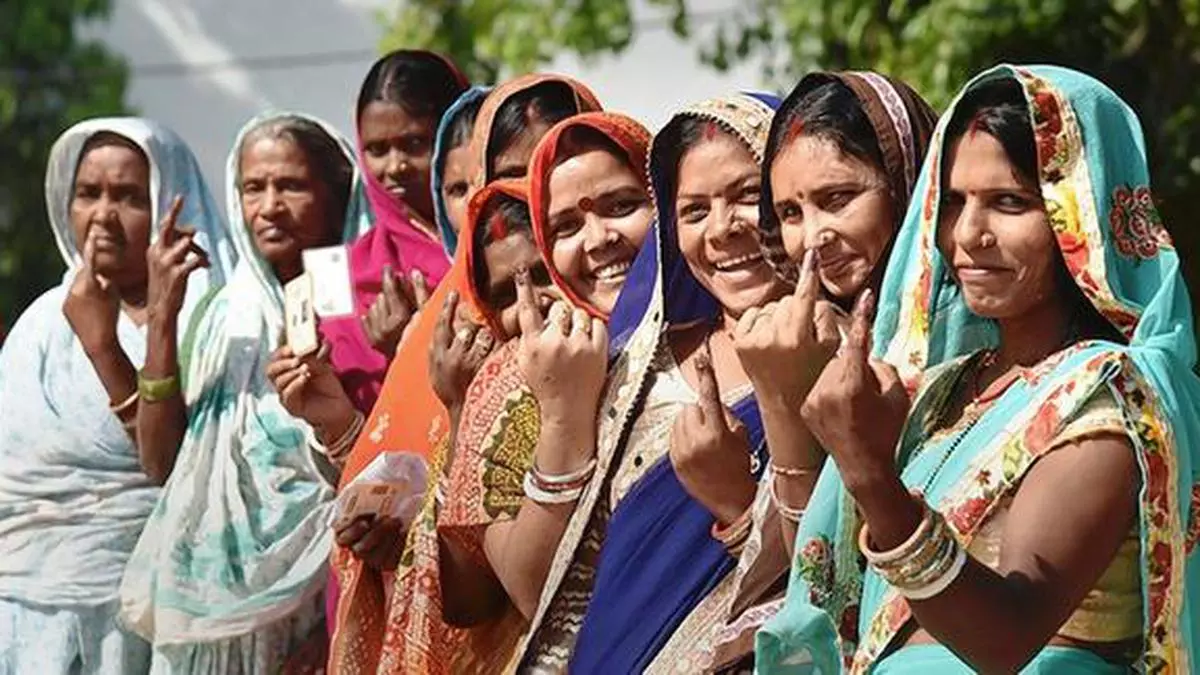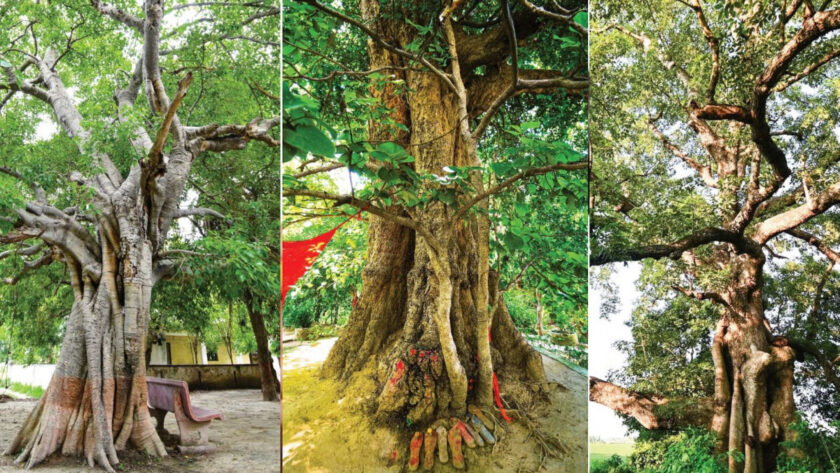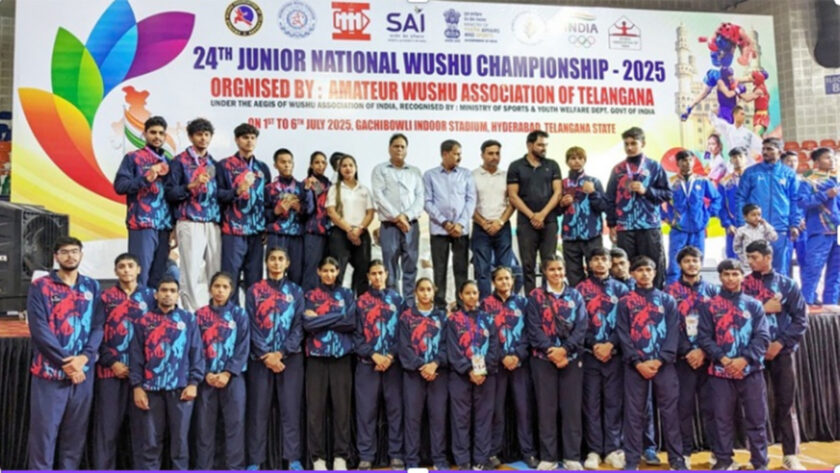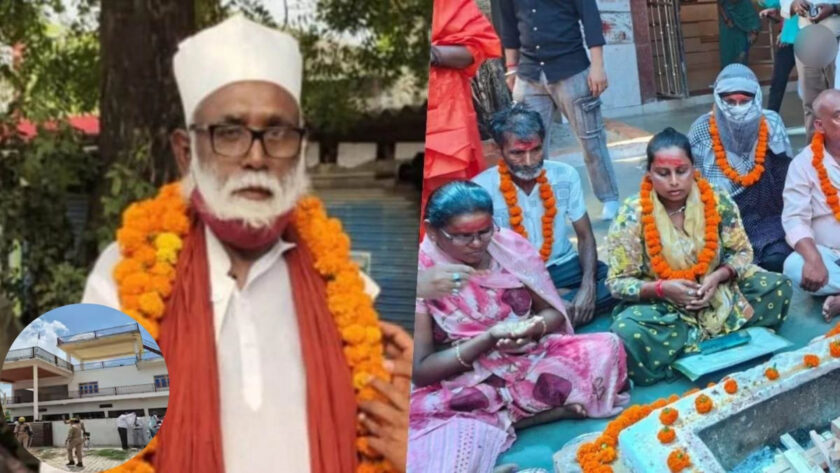Lucknow: Talking of Uttar Pradesh, Women have voted more than men in 17 Lok Sabha seats of the state. All these seats are from Awadh and Purvanchal. It is believed that in these areas men go to big cities to earn money and do not return on the day of voting. This is the reason why women are ahead of men in voting here.
In Maharajganj, the seat of Union Minister of State for Finance Pankaj Chaudhary, women were ahead of men. Here 58,424 women voted more than men. Whereas, in Basti there was a difference of 20 in the number of male and female voters. There the number of female voters was more. In Deoria too, there were 53,839 female voters more than men.
In Rae Bareli, which is considered the seat of the Gandhi family, women were ahead in voting compared to men. There the difference was 10,655. Sonia Gandhi had won the last election on this seat, while this time Rahul Gandhi is in the fray. Women were ahead in voting on Sultanpur, the seat of Maneka Gandhi too. This difference was 15,736. In Muslim and Yadav dominated Azamgarh seat also, 6,755 women voted more than men.
In the Uttar Pradesh context, women were ahead in Basangaon, Lalganj and Machhlishahr reserved seats too. This difference was 42,908, 40,516 and 12,284 respectively. In Kushinagar, the land of Gautam Buddha, 56,785 women voted more than men. In Dumariyaganj also, 34,101 more women voted than men.

In Salempur Lok Sabha constituency also, women showed more enthusiasm in voting. 17,060 more women reached the booths than men. Women were ahead in Sant Kabir Nagar, the land of great social reformer Kabir. 25,361 more women voted than men. Voting in these 17 districts also shows the socio-economic condition of the place.
Talking Uttar Pradesh, the Election Commission also believes that here men go out in search of work and do not become voters where they work due to many reasons. One reason for this is the belief that it is important to stay in the village to remain connected with the benefits of the village. But, it has also been observed that generally these people do not come to vote on the day of voting.





